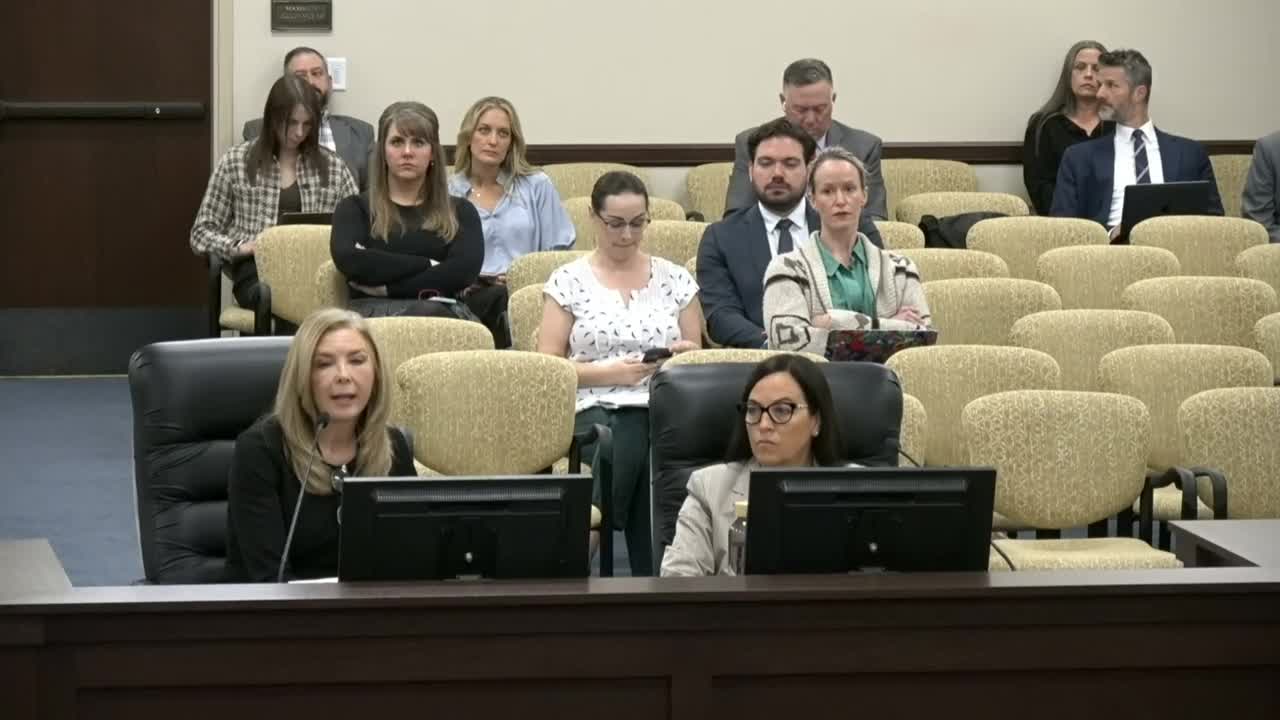Forensic interview techniques evolve to protect vulnerable children
September 18, 2024 | Utah Interim, Utah Legislative Branch, Utah
This article was created by AI summarizing key points discussed. AI makes mistakes, so for full details and context, please refer to the video of the full meeting. Please report any errors so we can fix them. Report an error »

In a recent government meeting, officials discussed the evolving practices surrounding forensic interviewing of children, emphasizing the importance of specialized training and the integration of research-backed techniques. The meeting highlighted the role of forensic interview specialists in ensuring that interviews are conducted in a developmentally sensitive and legally sound manner, with a goal of achieving justice for child victims.
Heather Stewart, a nationally recognized expert in forensic interviewing, elaborated on the complexities of the process, noting that interviews are often the first step in investigations involving allegations of abuse or exposure to violence. She explained that the art of interviewing requires building rapport with children, who may be hesitant to share sensitive information with someone they have just met. The meeting underscored the necessity of adapting interview techniques based on the child's age, emotional state, and specific needs, particularly for those with disabilities.
Despite the advancements in forensic interviewing practices, concerns were raised about the implementation of these standards in practice. Representative Grishas shared personal experiences indicating a disconnect between established protocols and actual procedures at Children's Justice Centers (CJCs). He pointed out that pre-planning for interviews often lacks the depth needed to accommodate individual children's communication styles and readiness, which can hinder the effectiveness of the process.
Additionally, Grishas highlighted a case where a child was repeatedly brought in for interviews despite not being ready to speak, ultimately leading to barriers in prosecution due to delays in the case timeline. He also raised concerns about the handling of sensitive situations during interviews, citing an incident where a child underwent an invasive examination that was deemed unnecessary given the nature of the allegations.
The discussions reflect ongoing efforts to refine forensic interviewing practices while addressing the challenges faced by children and families navigating the system. As the field continues to evolve, officials expressed a commitment to integrating best practices and ensuring that the needs of vulnerable populations are met with sensitivity and care.
Heather Stewart, a nationally recognized expert in forensic interviewing, elaborated on the complexities of the process, noting that interviews are often the first step in investigations involving allegations of abuse or exposure to violence. She explained that the art of interviewing requires building rapport with children, who may be hesitant to share sensitive information with someone they have just met. The meeting underscored the necessity of adapting interview techniques based on the child's age, emotional state, and specific needs, particularly for those with disabilities.
Despite the advancements in forensic interviewing practices, concerns were raised about the implementation of these standards in practice. Representative Grishas shared personal experiences indicating a disconnect between established protocols and actual procedures at Children's Justice Centers (CJCs). He pointed out that pre-planning for interviews often lacks the depth needed to accommodate individual children's communication styles and readiness, which can hinder the effectiveness of the process.
Additionally, Grishas highlighted a case where a child was repeatedly brought in for interviews despite not being ready to speak, ultimately leading to barriers in prosecution due to delays in the case timeline. He also raised concerns about the handling of sensitive situations during interviews, citing an incident where a child underwent an invasive examination that was deemed unnecessary given the nature of the allegations.
The discussions reflect ongoing efforts to refine forensic interviewing practices while addressing the challenges faced by children and families navigating the system. As the field continues to evolve, officials expressed a commitment to integrating best practices and ensuring that the needs of vulnerable populations are met with sensitivity and care.
View full meeting
This article is based on a recent meeting—watch the full video and explore the complete transcript for deeper insights into the discussion.
View full meeting

